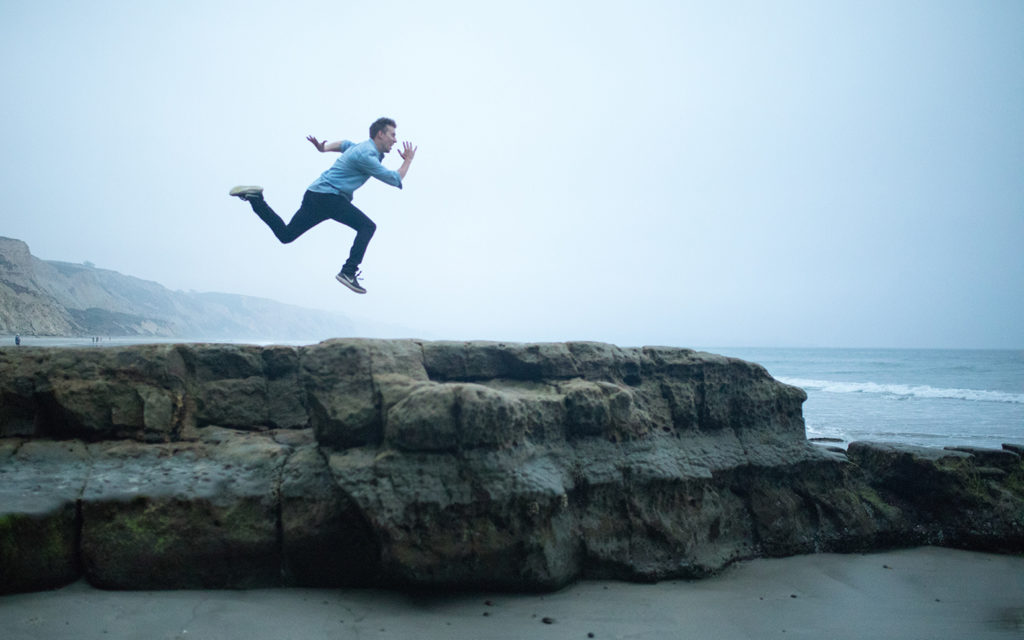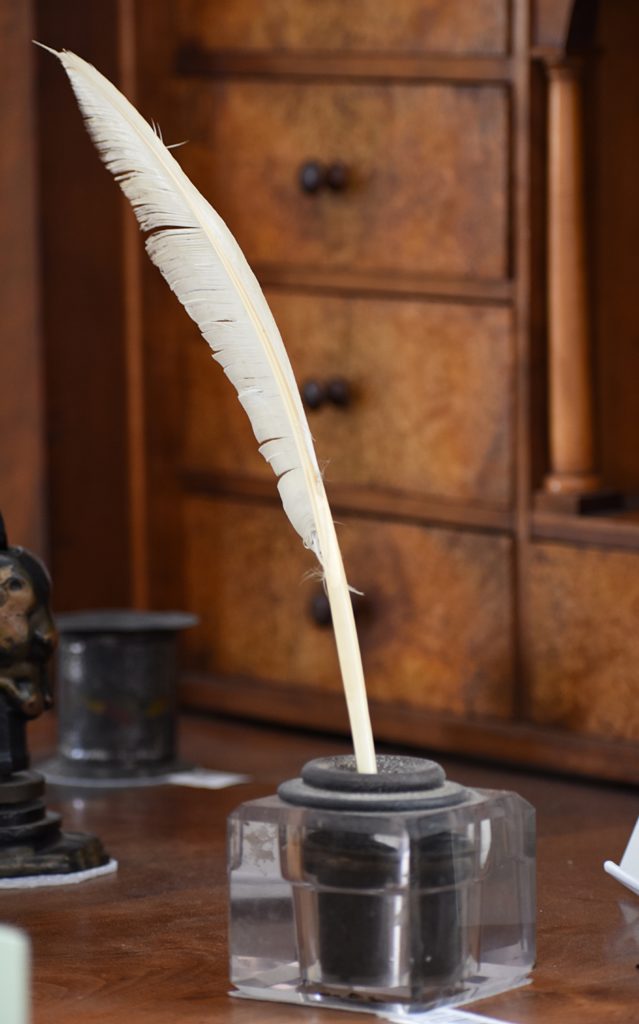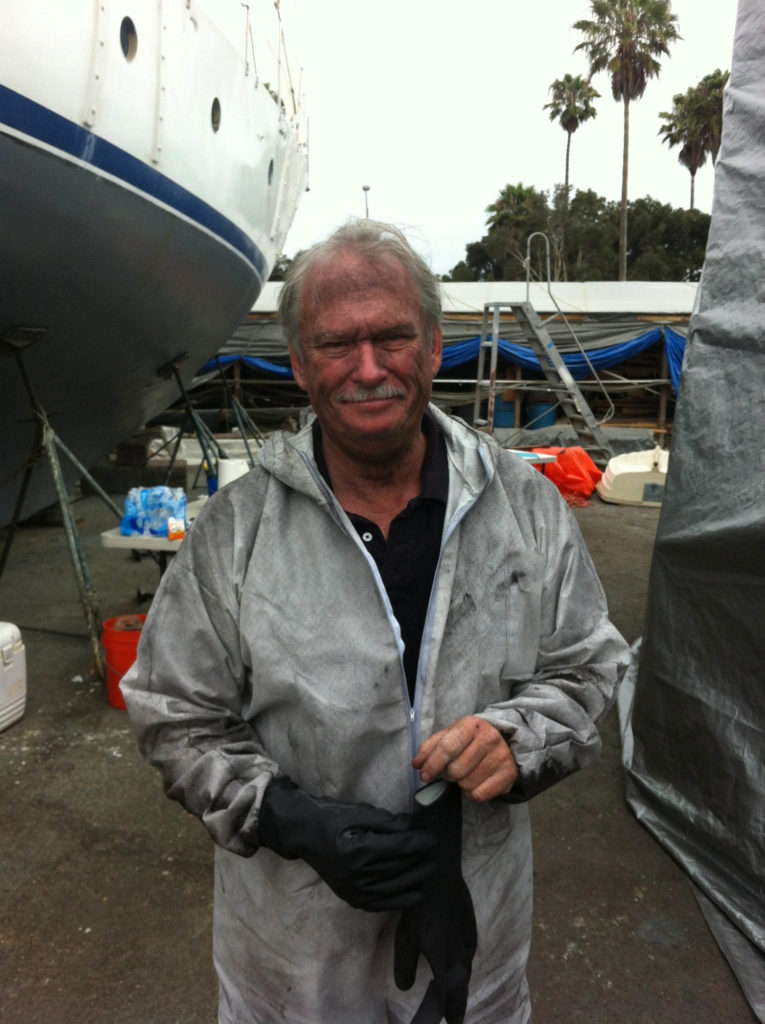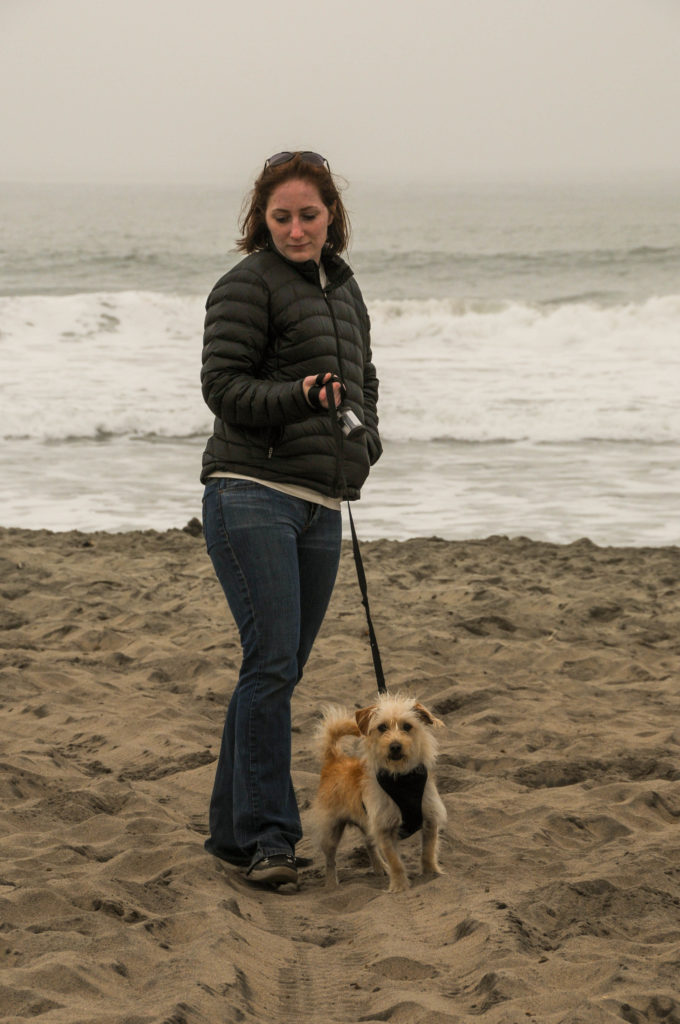
This past week, Jan and I took our vacation and visited one of my favorite places on earth: Buena Vista, Colorado. I was a ministry intern for the summer there over 40 years ago. I returned with youth groups many times after that and climbed most of the Collegiate Peaks (mountains over 14,000 feet high) with them. This time was different. Not only had the town changed, but I had changed too. The best I could do was drive to the trailhead and sound like an old guy. “I remember when ….”
It’s hard growing older. I can’t run five miles anymore, and I am beginning to think I can count every hair on my head. I watched the youngsters hoist their packs on their backs and charge up the trails. I pretended I was just there to take pictures of the wildflowers (which I was), but there was a twinge of envy too. They were young, and thin, and fit, laughing as they marched to the places I remembered.
When I was a teenager, an eighty-year-old Austrian climber taught one of my mountaineering classes. He jumped up on the table and began marching back and forth, demonstrating how it was done. Omie’s legs were like steel cables, and he laughed infectiously as he talked. Of course, the state of Washington wouldn’t renew his driver’s license (he was “too old”), but he was always one of my heroes. “I’m going to be like that when I grow old!” I promised, but age catches up with all of us, and too much time behind a desk and too many desserts spoiled my intentions.
But before we begin feeling sorry for our saggy selves, I wouldn’t trade places with the young for anything. Hopefully, with age comes some measure of wisdom. We begin seeing the outcomes of certain actions with laser-like clarity. Sadly, no one listens to our sage advice, and we learn to keep our mouths shut unless someone asks for it. Likewise, with age comes a certain amount of comfort with ourselves. I don’t have to prove anything to anyone anymore. The uncertainty of youth is replaced with smirks of insight.
I believe Solomon wrote his last book, Ecclesiastes, as an old man. Listen to some of his wisdom:
- And I commend joy, for man has nothing better under the sun but to eat and drink and be joyful, for this will go with him in his toil through the days of his life that God has given him under the sun (Ec 8:15).
- Go, eat your bread with joy, and drink your wine with a merry heart, for God has already approved what you do. Let your garments be always white. Let not oil be lacking on your head. Enjoy life with the wife whom you love, all the days of your vain life that he has given you under the sun because that is your portion in life and in your toil at which you toil under the sun. Whatever your hand finds to do, do it with your might (Ec 9:7 – 10).
- So if a person lives many years, let him rejoice in them all; (Ec 11:8).










